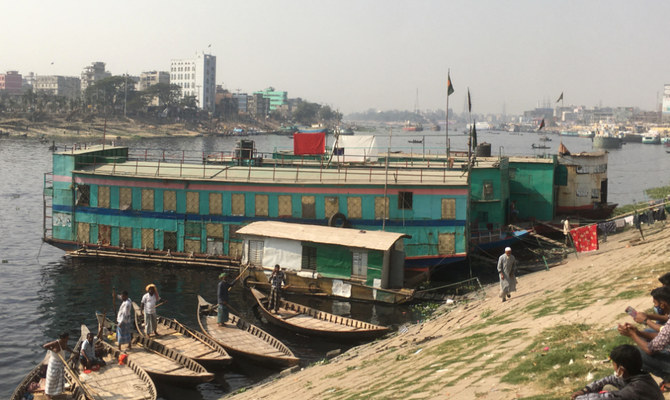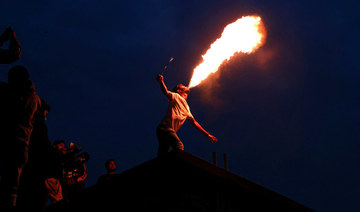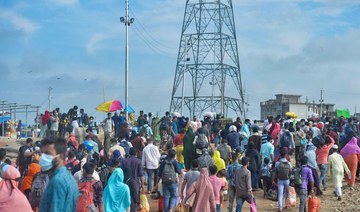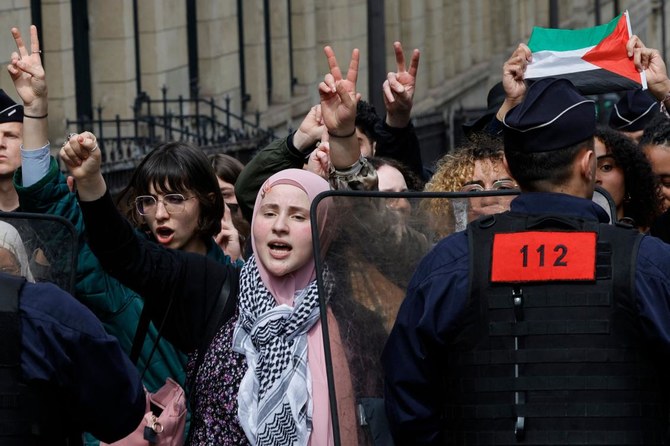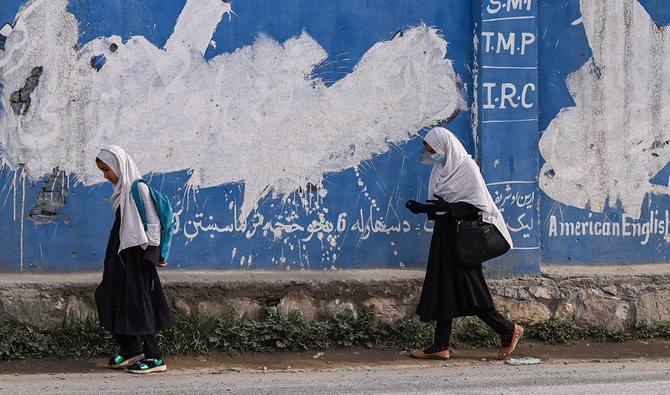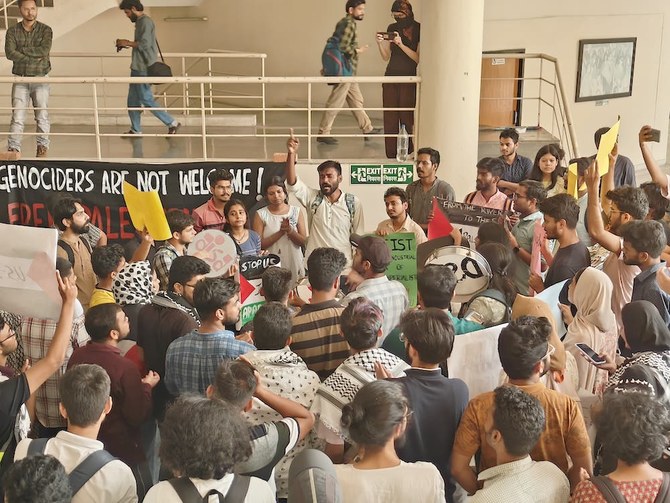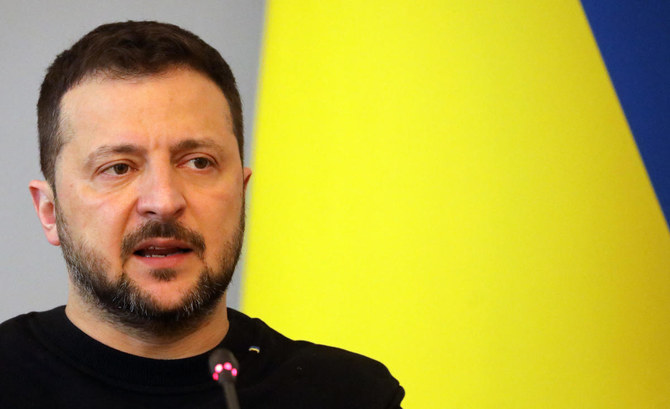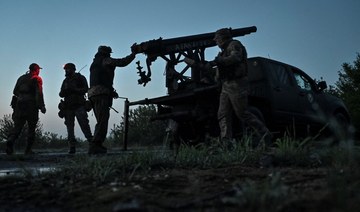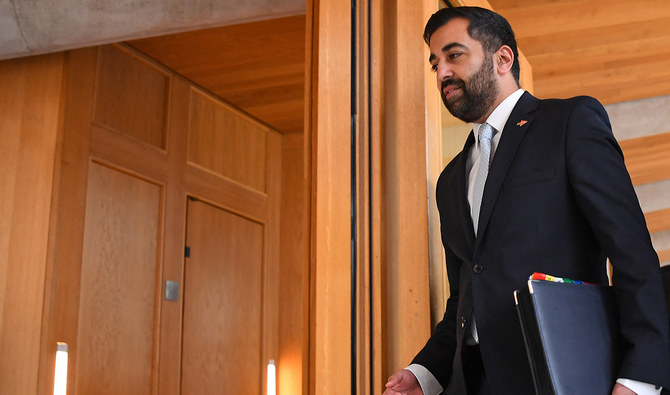DHAKA: Many residents of Dhaka have never heard about the city’s boat hotels, but for traders and visitors to the Bangladeshi capital from other districts the floating lodgings have for decades provided a cheap accommodation option.
The boat hotels on the banks of the Buriganga River started to emerge in the first half of the 20th century, under British colonial rule, providing accommodation to poor traders from deprived rural areas arriving in Dhaka in search of work.
The two-storey vessels moored along the riverbanks on the southwest outskirts of the city are the most cost-effective option for visitors, with prices as low as 50 US cents per night.
Mohammed Mostofa Mia, owner of the Faridpur Hotel, one of the four remaining floating establishments, told Arab News that the business emerged when road communications in the country were limited, and the river was the main route to Dhaka.
“These floating hotels started providing services to the traders who travelled to Dhaka from different parts of the country,” he said.
“We operate like other regular hotels. The guests need to provide a copy of their national identity card during check in.”
But other rules were different.
“The guests are required to bring their own bedding, pillows, and blankets. We only provide space here,” Mia added.
Each floating hotel can accommodate around 60 people, with only two shared washrooms. The cheapest option, at 50 cents, is a hostel-like room with 15 beds, while a more private room — a double-bed cabin of around 4 square meters — costs nearly $2 per night.
Apart from a bed, there are no amenities and guests hang their belongings on the upper part of the walls. Ceiling fans offer some comfort during hot weather.
Mohammed Lalon, 35, who sells dates in the old city of Dhaka and its Sadarghat port terminal, checked into one of the boat hotels almost two months ago.
“If I reside in a shared room anywhere in Dhaka, I’d have to spend twice as much. So, this floating hotel is a good solution for me,” he said. “I don’t need to spend money on conveyance every day.”
For 62-year-old Abdul Hakim, the river rooms have been his home for decades. The fruit seller arrived in Dhaka around 40 years ago and has lived most of that time in a 15-bed dormitory.
He hails from a village in Pabna district, 160 kilometers from the capital, and by saving money on his accommodation has been able to pay to send his five children to school.
“For staying a night here, I have to pay only half a dollar,” he said. “My eldest daughter completed her graduation from a college in Pabna. If I spent more on accommodation, I won’t be able to provide money for the children’s education.”





